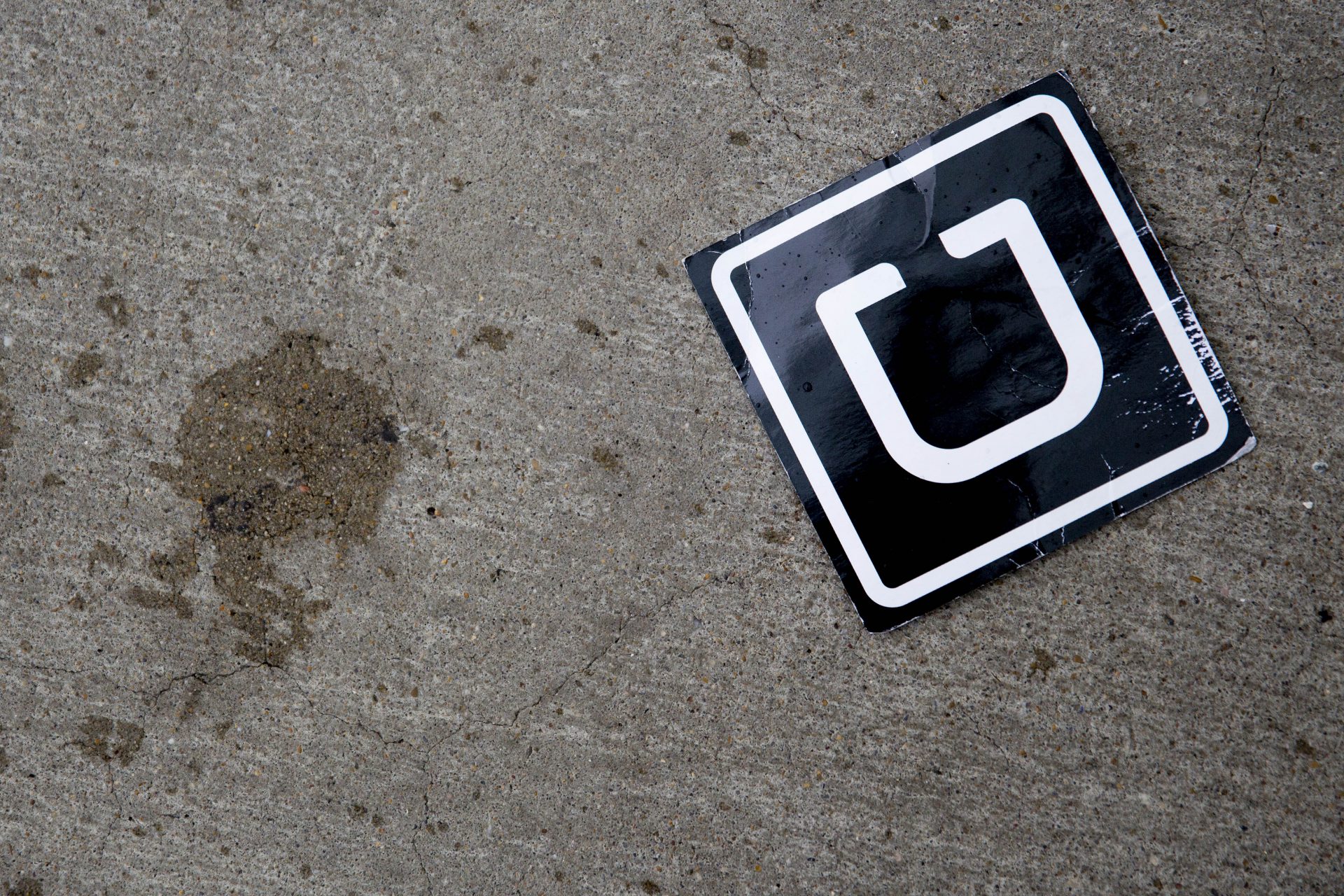

Uber is suspending ride-hailing service in Barcelona, where the company has faced fierce opposition from local taxi drivers. New regulations are the reason for the withdrawal, an Uber blog post said Thursday.
The suspension of Uber service in Barcelona coincides with the implementation of new restrictions on for-hire vehicles operating in the Spanish city, and the wider region of Catalonia. The rules require a minimum 15-minute wait between a ride being booked and the passenger being picked up. Cars are also no longer allowed to circulate freely in between trips, requiring them to go back to a base such as a parking lot or garage to wait for new fares.
In its blog post, Uber said the new rules were “totally incompatible with the immediacy of on-demand services” such as its own. Cabify, another ride-hailing service with a presence in Barcelona, also suspended operations in response to the new rules. In a statement to Reuters, the company said the local government had “given in to the demands of the taxi sector, seriously hurting citizens’ interests.”
While Uber has attracted its share of controversy in other countries, the situation in Spain has been particularly heated. In 2014, taxi drivers in Madrid and Barcelona filed legal protests against Uber, claiming ride-hailing represented unfair competition. This led to stricter regulations, which Uber tried to find workarounds for. Uber was dealt a serious blow in 2017, when Europe’s top court ruled that it should be regulated as a transportation company, similar to taxi services. But Spanish taxi drivers kept the pressure on.
Last summer, taxi drivers called a strike that lasted six days. Uber and Cabify claimed their drivers were attacked by strikers, but Spanish taxi associations denied this. The strike ended when the Spanish government agreed to enact new regulations, including a cap on the number of licenses for ride-hailing vehicles.
This isn’t the first time Uber has withdrawn from a market because it views local regulations as unfair. The company ended service in Denmark and Greece for similar reasons. But with regulators around the world putting Uber under the magnifying glass, the company may soon have to confront stricter rules rather than just running away from them.
